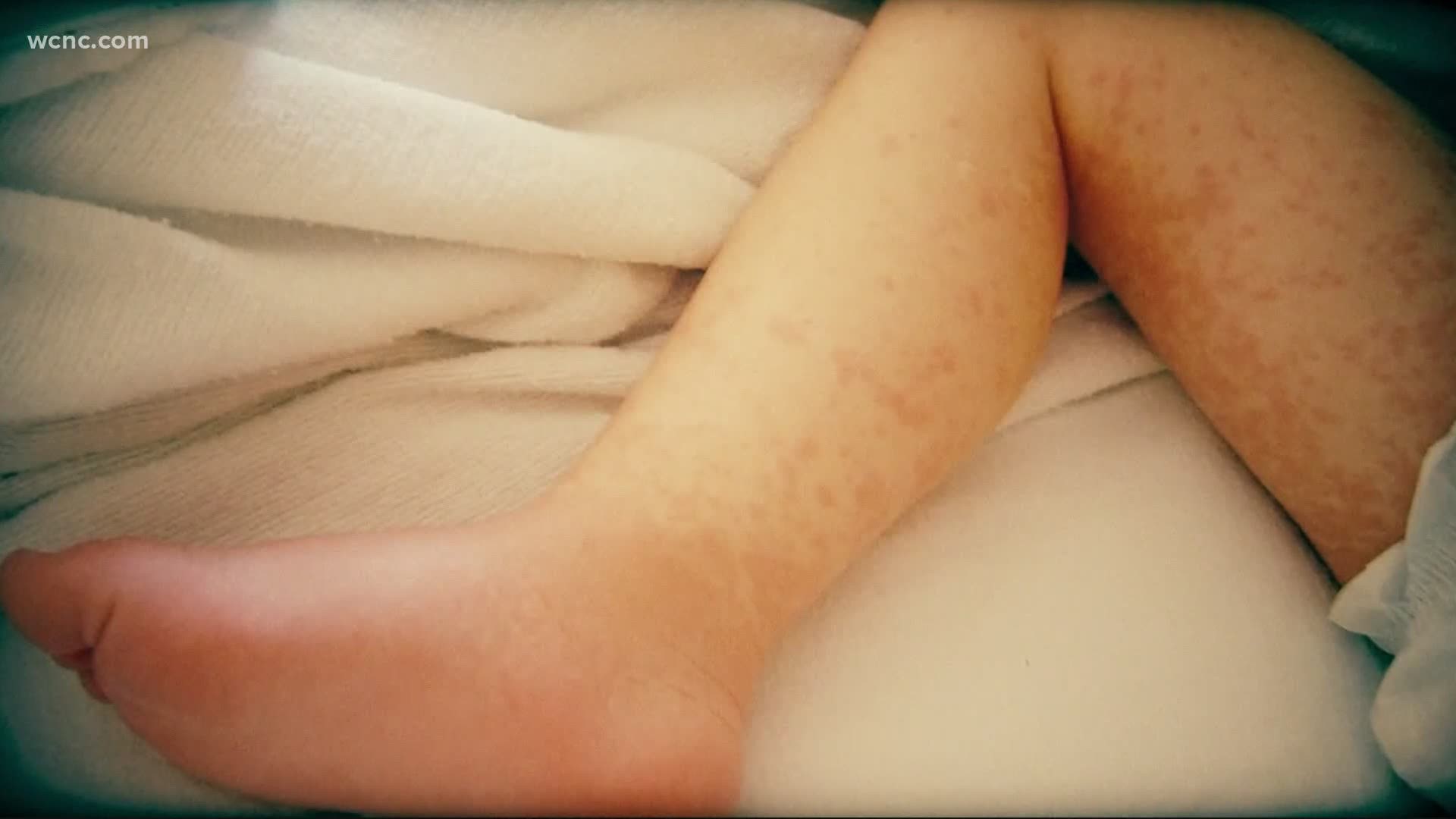CHARLOTTE, N.C. — Although it originally seemed like children were possibly immune from the coronavirus, doctors now know the virus does have the potential to affect them.
Several experts from Levine Children’s Hospital formed a panel Wednesday afternoon to talk about who's at risk and techniques they’ve come up with to help treat and protect their patients.
The doctors say out of all the cases reported in North Carolina only 4% have been children, and most children will only have mild symptoms.
“We assure everyone that at this point children are not being affected the way adults are being affected,” said Dr. Amina Ahmed, pediatric infectious disease expert and epidemiologist at Atrium Health Levine Children’s.
"Although we’re seeing severe disease and fatalities in adults, we’re not seeing that in children," Ahmad said. "The vast majority of children still continue to have mild illness."
Unfortunately, Dr. Ahmed says we are starting to see some children will have it much worse.
“We’re seeing a subset of these children with a severe disease that affects multiple organs,” Dr. Ahmed said.
Dr. Ahmed says illness in those children looked like they were suffering from what’s called Kawasaki disease.
“So these kids will have fever for five days, red eyes, or swollen hands that are red, lips that are affected that are cracked and peeling, a rash, or a swollen lymph gland,” Dr. Ahmed said.
So far, Dr. Ahmed says Mecklenburg only has one suspected case in a child that fits the current criteria.
“At this point, we’re being a little more vigilant in looking for that, these reports have been going on since early March,” Dr. Ahmed said.
To prevent the spread of the disease, Dr. Nancy Tarte says Levine Children’s Hospital has moved to a virtual model that allows doctors and nurses to assess and care for young COVID-19 positive patients at home.
“The goal of the virtual hospital is to take care of children where they’re most comfortable," Dr. Tarte said.
If at any point a child’s symptoms worsen, a medical professional can bring in treatment remedies or admit them to the hospital.
MORE ON WCNC CHARLOTTE:

